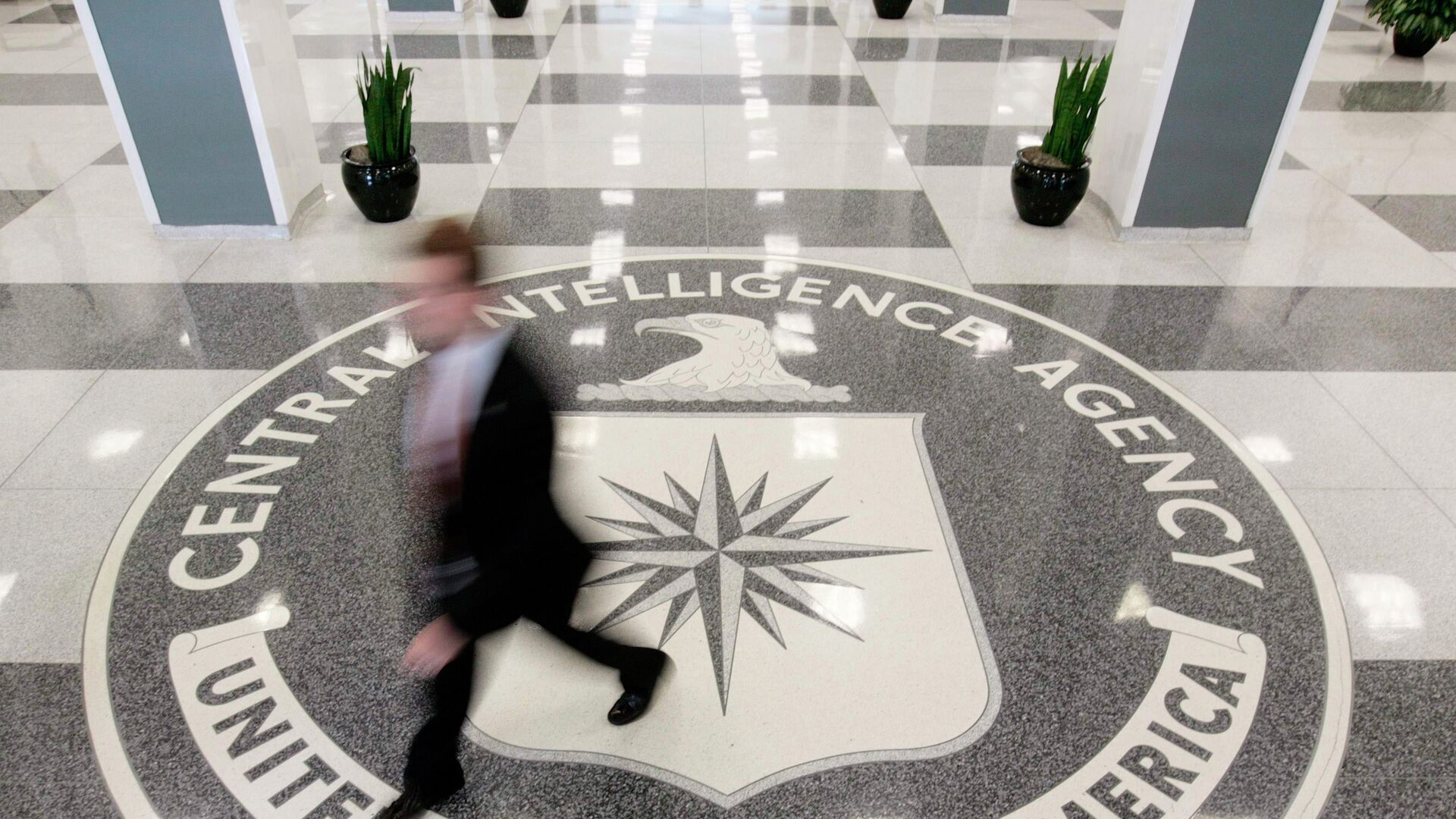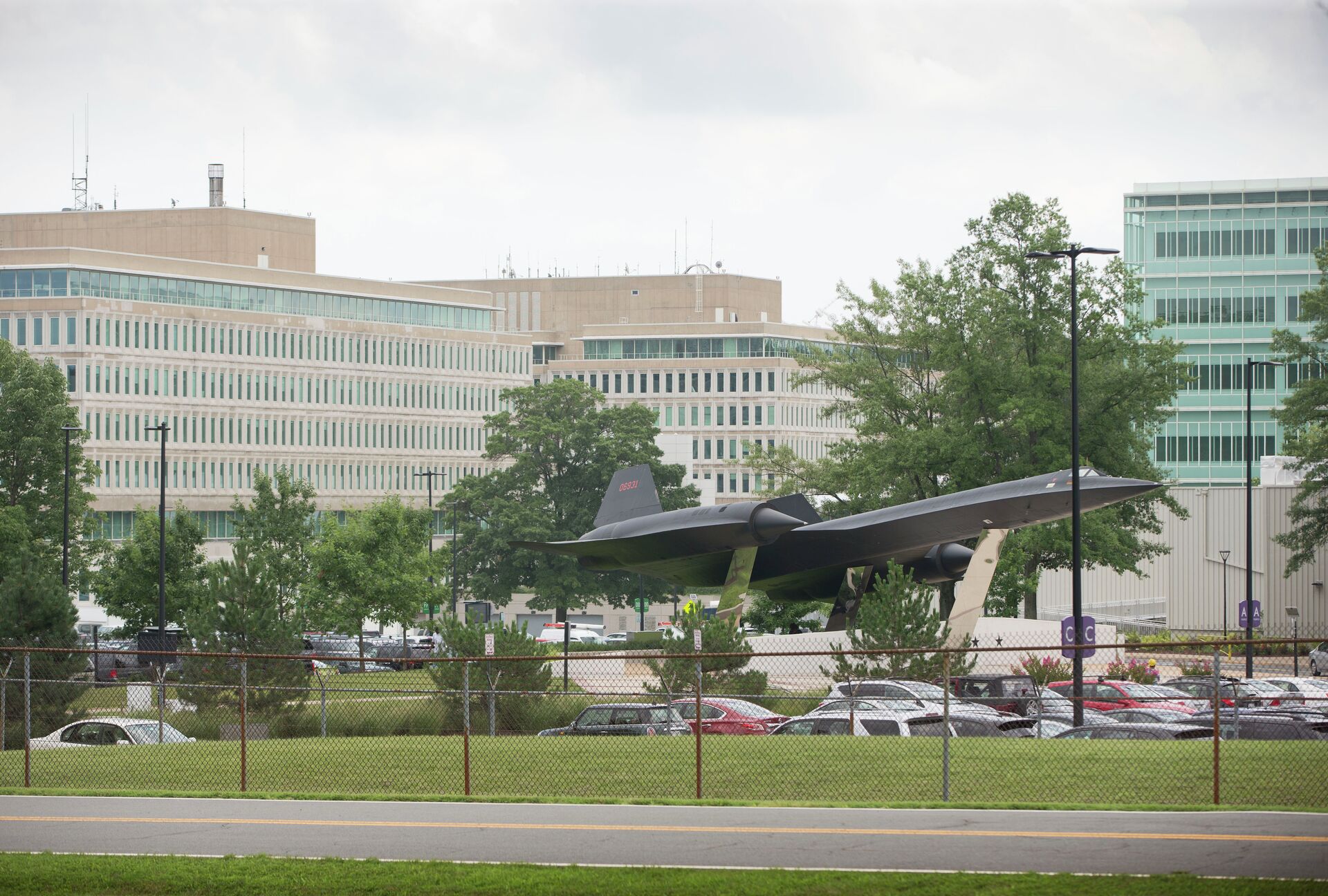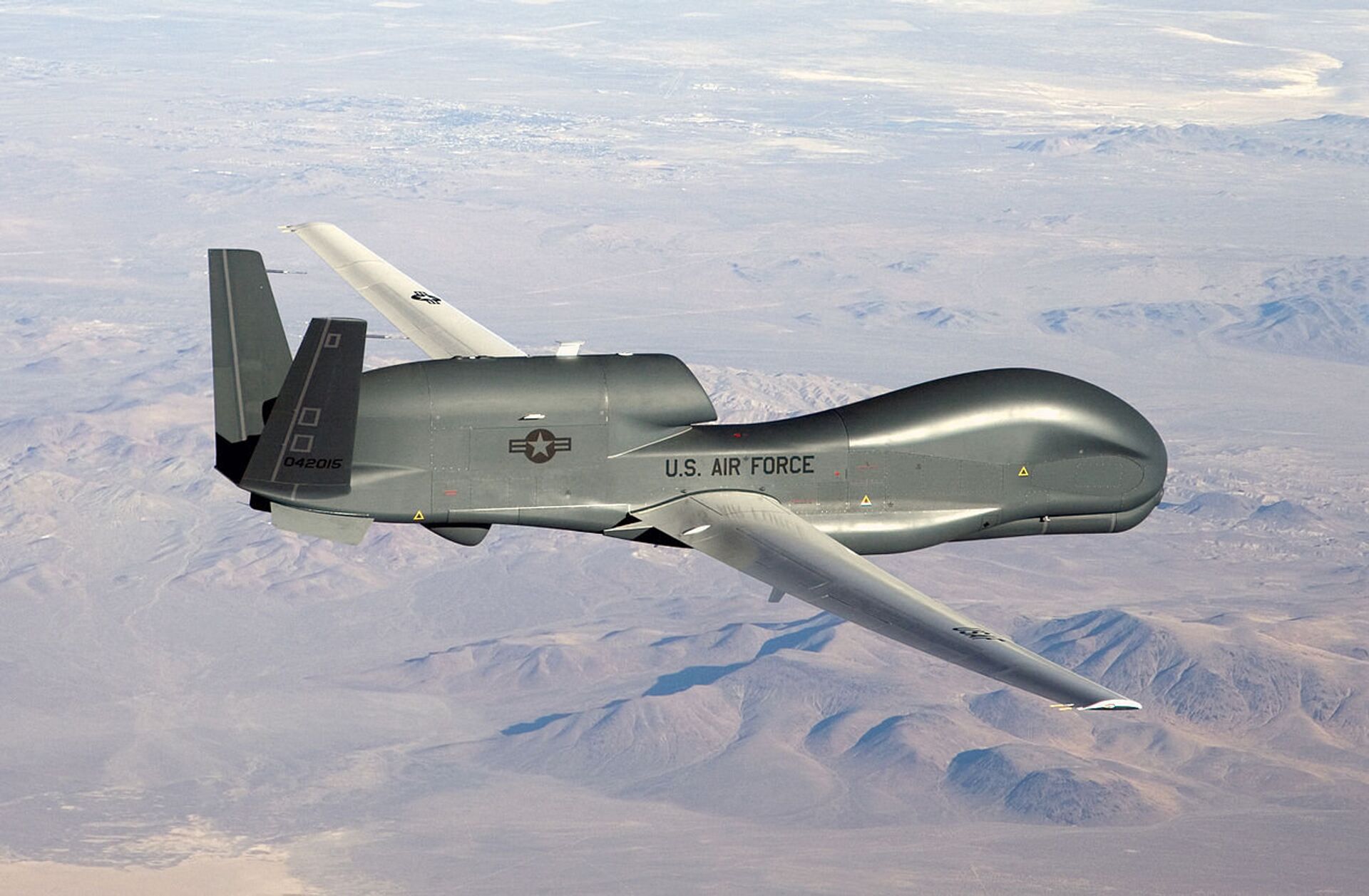CIA Urges Officers Not to Underestimate Foreign Spy Agencies as Informant Networks Collapse - Report
20:13 GMT 05.10.2021 (Updated: 13:25 GMT 06.08.2022)

© REUTERS / Larry Downing
Subscribe
The US Central Intelligence Agency (CIA) admitted in a rare agency-wide cable that it’s suffered a severe problem of losing informants in recent years, urging its stations around the globe to pay more attention to the counterintelligence efforts of other nations.
The top secret cable, described to the New York Times by “people familiar with the matter,” warned that a large number of CIA informants had either been killed, arrested or otherwise compromised over the last several years.
According to the sources, the cable accused CIA officers of placing “mission over security” by being too quick to trust new sources and moving too quickly to recruit them, while at the same time underestimating the spycraft of rival intelligence agencies. The Times noted Langley’s cable gave a specific number of informants lost - a rare moment of transparency intended to highlight the seriousness of the situation.
Biometric scans, facial recognition technology, artificial intelligence and improved hacking tools were all mentioned as new challenges for the CIA to overcome, which had made it easier to track the movements of CIA officers and to uncover their sources’ identities.
Experts have long called attention to the CIA’s technology shortcomings. John Reidy, a former government contractor, called attention to what he described as a “catastrophic failure” in a 2006 report. “Upwards of 70% of our operations had been compromised,” he told McClatchy in 2015; still, the CIA fired him rather than address the problem.

CIA Headquarters
© AP Photo / Pablo Martinez Monsivais
According to Yahoo News, that system came crashing down between 2009 and 2013, after Iranian counterintelligence experts cracked the CIA’s extremely simple internet communications system and figured out how to identify the websites the agency used to lure potential informants into contact with CIA officers. Using little more than a simple Google search, Tehran was able to destroy an entire CIA information network in the country. Once the information was shared with China, at least two dozen CIA operatives were killed.
According to the Times, Iranian agents had been tipped off in 2009 by analytical deduction after then-US President Barack Obama revealed the US knew about the Fordow Fuel Enrichment Plant, then a secret underground facility. By figuring out who had access to the information Obama had revealed, the Iranians figured out who the potential informants were, and through them gained access to the communications network.
That was before treasure troves like the 2015 hack of the US Office of Personnel Management unveiled the files on thousands of CIA employees, or when WikiLeaks published CIA documents in 2017 that detailed some of its most essential hacking tools.
Some informants have also turned against the agency, feeding foreign governments valuable information about the CIA and feeding disinformation back to the agency, causing chaos in its single most valuable intelligence source.
Several former agents have also become spies for other governments, such as Jerry Chun Shing Lee and Kevin Mallory, both of whom were charged by the US with spying for Beijing and given decades in prison.
‘The CIA Became a Paramilitary Organization’
John Kiriakou, a former CIA officer who spent several years in a federal prison for exposing the CIA’s torture program, told Sputnik on Tuesday that “after the 9/11 attacks, the CIA became a paramilitary organization, where its primary goal was to disrupt terrorist attacks, to kill terrorists or alleged terrorists, rather than to recruit spies to steal secrets, which historically was the raison d’etre.”
“Well, if you’re a paramilitary organization, you’re not focused on your spycraft, you’re not focused on security and making sure that your agent is safe, that he’s getting to the meetings securely, that he’s getting home from the meeting securely, that he’s using the proper secure communications to pass information to you,” explained Kiriakou, who also co-hosts The Backstory on Radio Sputnik.
“And if you’re not focused on that, on that counterintelligence, then somebody’s going to make a mistake. And we’re not talking about people making a mistake in Vienna, or Rome, or London, we’re talking about them making a mistake in Pyongyang, and Moscow and Beijing and Tehran, where the stakes are very high, usually resulting in the loss of contact, which in many cases means death.”
Kirakou also said the CIA had made “some well-publicized mistakes in the last couple of years” that had tarnished its image, including the Iranians cracking the agency’s communications code, as well as several defectors who leaked unknown amounts of information about CIA practices and tools. “When you make mistakes like this, the costs can be incredibly high,” he said.
The former CIA officer told Sputnik that this tendency had made the collapse of the US-backed government in Kabul especially catastrophic for US intelligence, which for the last 20 years had relied on liaison intelligence-sharing, particularly by the Afghan Intelligence Service, instead of recruiting its own agents.
“Now Afghanistan’s gone, so we can’t go to the Afghan Intelligence Service and ask them to do things for us, to recruit agents for us, to initiate operations for us. Now what we have to do is go to the Pakistanis, or the Uzbeks, or the Tajiks, or some of these other regional powers. But the thing is, we’re supposed to have been working with them for the last 20 years. Do we trust them? Can we trust them? Do they trust us? Do they think we’re going to just bug out like we did in the 80s and just abandon them? So it’s hard, I think the CIA has got to spend years now rebuilding these relationships that they let wither on the vine over the last 20 years,” he said.
However, with the Pentagon beginning a strategic shift away from the War on Terror and toward Great Power Confrontation with Russia and China, Kiriakou said the CIA would have to stop trying to do the jobs of the National Security Agency or the Pentagon and “focus on human beings.”
“You know, so many people said, when I was still in the CIA, that this great power confrontation was over. It’s a multipolar world, it’s us, the Russians, the Chinese, then you have to throw in counterterrorism, counter proliferation, counter narcotics. Well, you know what? It is a multipolar world, and we can’t just be blindly obsessed with terrorism. We keep falling farther and farther behind. So, we need to get back to what the CIA was created to do, we need to get back to recruiting human sources,” he told Sputnik.



